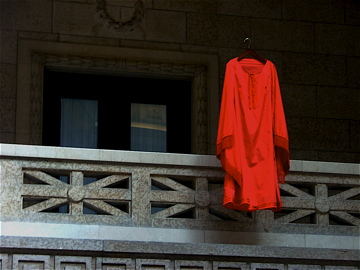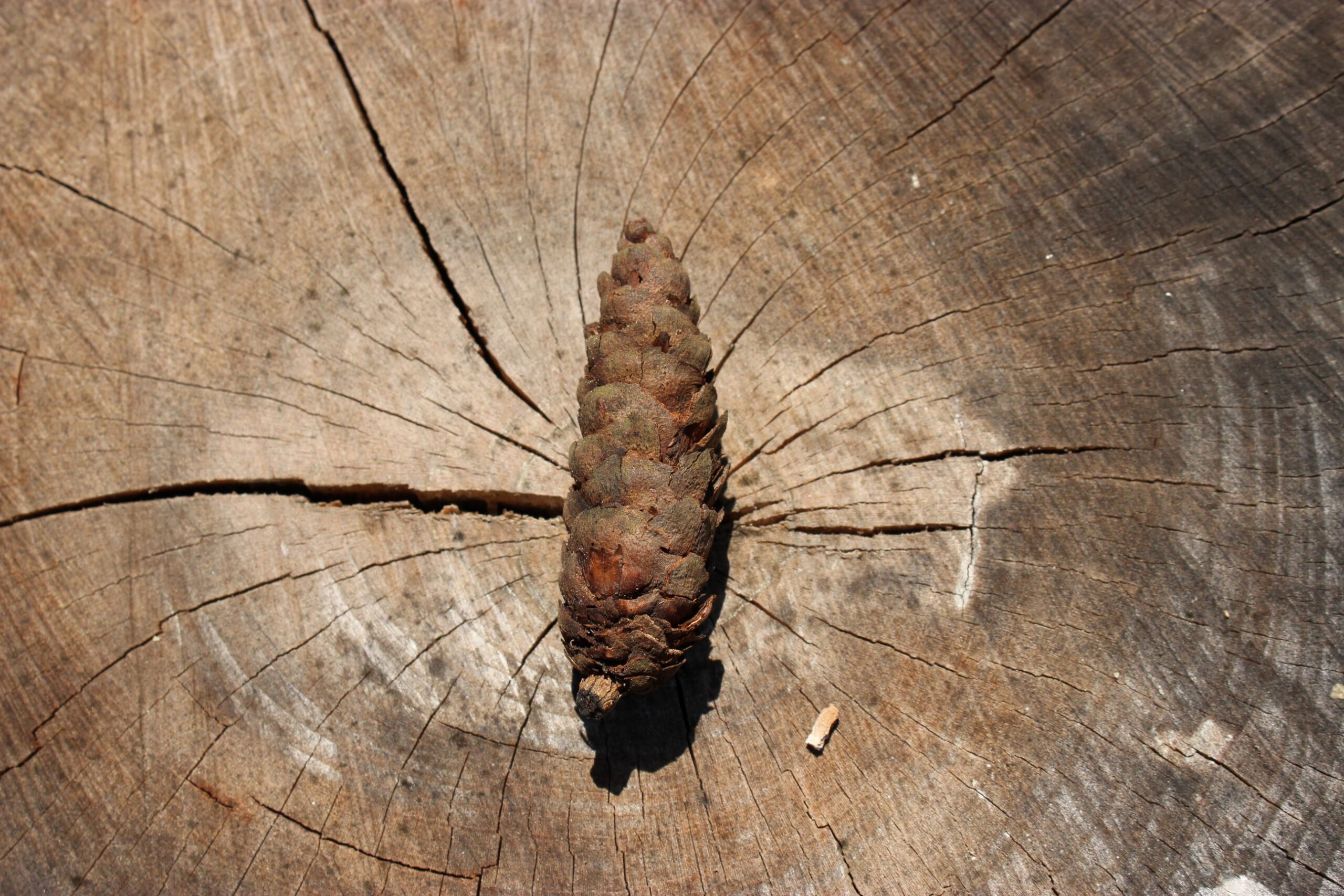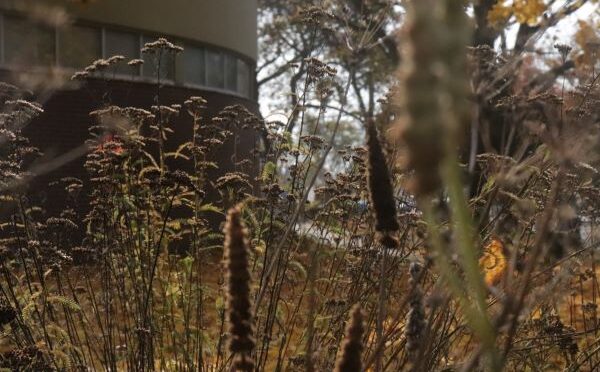Each year on May 5, the Toronto District School Board joins communities across Turtle Island in observing Red Dress Day – the National Day of Awareness for Missing and Murdered Indigenous Women, Girls and Two-Spirit People (MMIWG2S). This day is a time for remembrance, reflection, and ongoing commitment to justice and reconciliation. In recognition of the National Day of Awareness for MMIWG2S, flags will be lowered at all TDSB administrative sites.
The day was inspired by The REDress Project, an art installation by Métis artist Jaime Black, which uses red dresses to symbolize the lives lost and the systemic violence experienced by Indigenous women, girls, and Two-Spirit people. Today, red dresses hanging in windows, from porches, and in trees have become a powerful visual reminder of this national tragedy.
This year, we hold in our hearts the families of Morgan Beatrice Harris, Marcedes Myran, Rebecca Contois, and an unidentified woman who has been given the name Buffalo Woman – four Indigenous women whose lives were taken in Manitoba. In March, the remains of Morgan Beatrice Harris and Marcedes Myran were recovered at the Prairie Green Landfill, north of the city of Winnipeg. As we honour the memories of these women and grieve alongside their families, we must also reckon with the ongoing violence that disproportionately affects Indigenous women, girls, and Two-Spirit people.
Red Dress Day is a vital learning opportunity. As educators and staff, we are called to engage deeply with the truths shared by survivors, families, and communities through the National Inquiry into MMIWG2S. The Urban Indigenous Education Centre has compiled valuable resources to support both learning and wellness, recognizing that these conversations may be particularly difficult for those with lived experience.
We encourage you to:
- explore age-appropriate ways to discuss Red Dress Day with students and colleagues;
- reflect on how colonial systems continue to impact Indigenous communities;
- centre Indigenous voices and commit to concrete actions toward truth, justice, and reconciliation in alignment with the Truth and Reconciliation Commission’s 94 Calls to Action.
The TDSB remains committed to upholding the Truth and Reconciliation Commission of Canada: Calls to Action and the Calls for Justice from the National Inquiry into MMIWG2S. We recognize that reconciliation is an ongoing process that requires us all to listen, learn, and act with humility and care.
Sincerely,
Clayton La Touche
Director of Education




